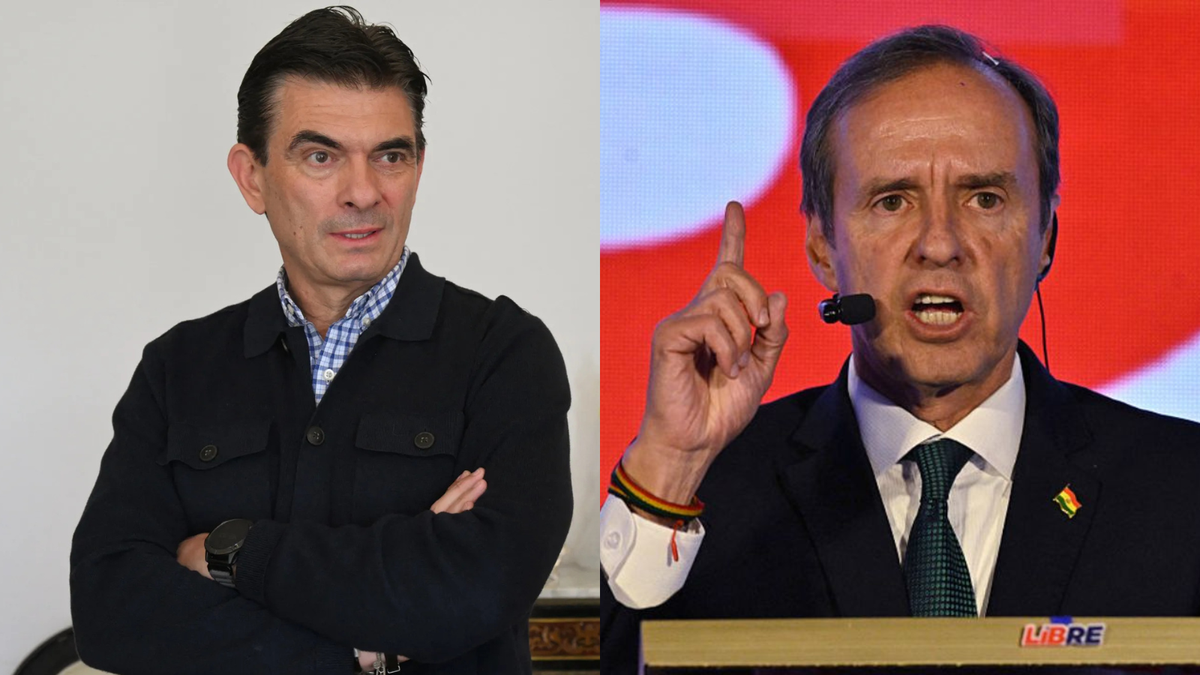Opinion
In the “imbecile” debate, it is not politicians who are the danger – but the judiciary
Copy the current link
Should politicians report insults or not? The debate on this question misses the core of the problem. Because freedom of expression is threatened elsewhere.
Imagine the following job description: We are looking for a top employee for a top position. Working hours: at least 80 hours a week, weekends are not free. Pay: not bad, but not sensational either. The post holder has to accept that he is regularly massively insulted and threatened.
Would you apply? No? Then you are not suitable for top politics.
There is currently a debate in Germany as to whether top politicians should report insults or whether it actually endangers freedom of expression when people in these offices act with perhaps excessive sensitivity against citizens who express their dissatisfaction.
The discussion was triggered by Federal Economics Minister Robert Habeck. The Green party had filed a criminal complaint against a 64-year-old pensioner from Bavaria who had posted a picture on the short message service X in which Habeck was described as a “moron professional.” According to the “Bild” newspaper, no federal minister has filed more criminal charges for insults since 2021 than Habeck – a total of over 800 times.
“Imbecile” and “asshole” are justiciable
Legally, the question can be answered quickly. Expressions like “idiot” or “asshole” are insults and therefore subject to legal action. In real life, anyone who is called that could file a report in the hope that it will be punished.
Other aspects are trickier. If someone is so sensitive to relatively “harmless” insults, will they keep their nerve in major political disputes? And if a top politician takes such systematic action against citizens’ expressions, isn’t he contributing to a climate of intimidation? Especially since the relevant Section 188 of the Criminal Code (punishment for insults, slander and slander against people in political life) was tightened at the beginning of 2021 and the gap between politicians and citizens was thus increased? You can ask all of that.
Politicians are not “fair game”
Conversely, one can also ask why politicians should accept what normal citizens do not have to accept? And who actually still wants to go into politics when in this position you are “fair game”, open to all kinds of insults? And isn’t it an important, educational signal to society that the brutalization of public discourse cannot simply be tolerated?
It is not Robert Habeck who is endangering freedom of expression
Top politicians have every right to report insults. Whether they do it or not is a question of personality. There are good arguments for one or the other stance.
The debate therefore misses the core of the problem. Because this lies in the house search that the offending pensioner had to experience. Contrary to what many media initially portrayed, this was not triggered by Habeck’s criminal complaint, but had already been requested by the responsible public prosecutor’s office.
The fact that a search is carried out because of a relatively harmless insult to a politician is apparently not an isolated case. In one case, a user called him a “dirty drunkard” online. Like Habeck, Merz also had no influence on the searches.
Nobody would have been outraged if the respective public prosecutors had initiated house searches after threats of violence or even death. The fact that they did it after everyday insults leaves a disturbing feeling.
Anyone who insults politicians must expect a reaction. So far, so normal. But when citizens’ houses and apartments are searched because they once said too publicly what each of us has already said out of anger at another person – in traffic, at work, among friends – then something starts to slip. Then freedom of expression is in danger and a climate of fear is promoted.
Public prosecutors and courts (which must approve search requests) must examine themselves more rigorously as to when such an approach is proportionate. Or whether they do not damage it in their efforts to protect the rule of law.
Source: Stern
I have been working in the news industry for over 6 years, first as a reporter and now as an editor. I have covered politics extensively, and my work has appeared in major newspapers and online news outlets around the world. In addition to my writing, I also contribute regularly to 24 Hours World.





